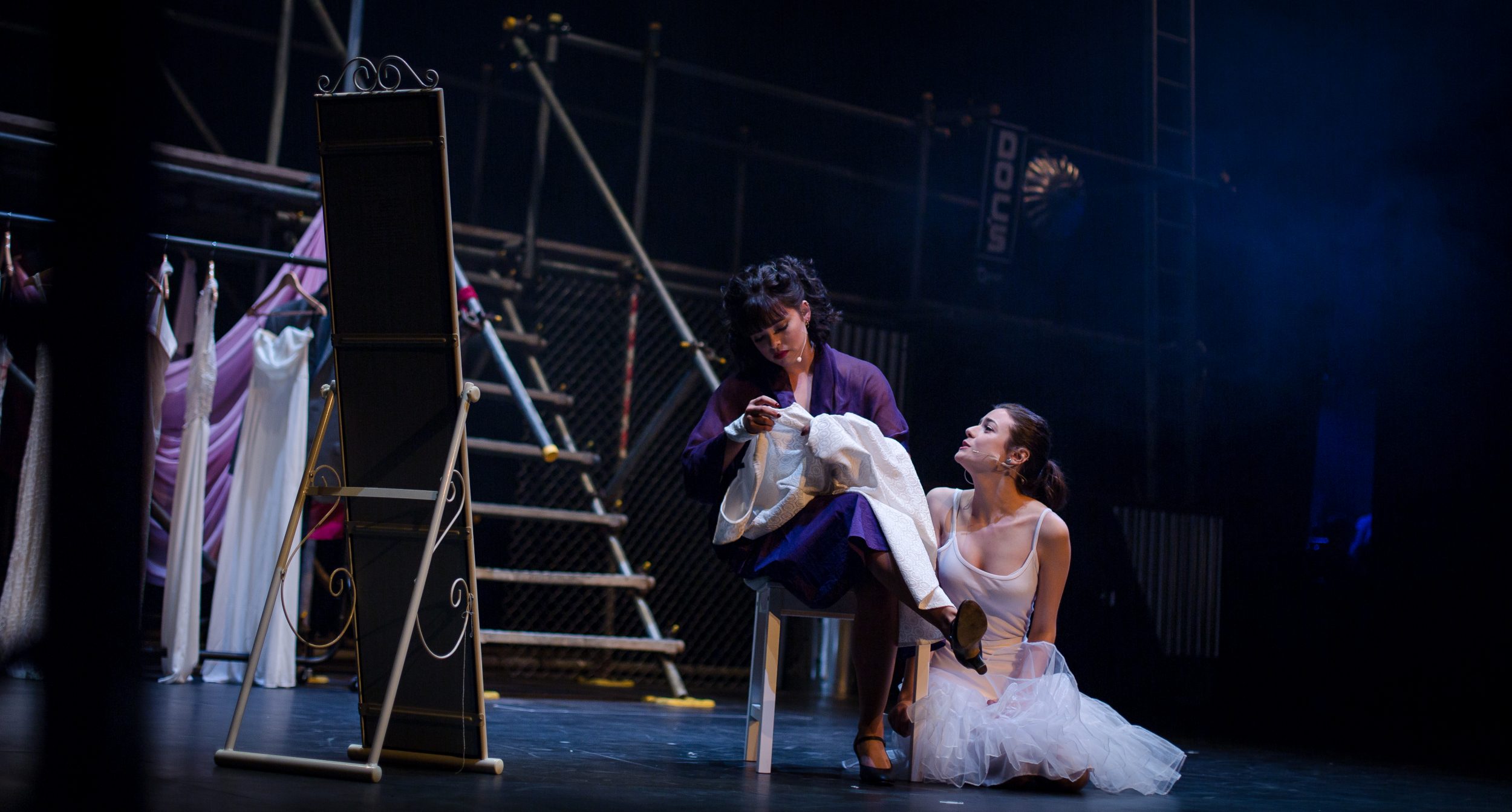This year’s BFI London Film Festival had the honour of opening its diverse array of film screenings and events with the European premiere of Morten Tyldum’s highly anticipated biopic The Imitation Game. Starring Benedict Cumberbatch as mathematician Alan Turing, the film is Norwegian director Morten Tyldum’s English-language debut after establishing quite the reputation in his homeland with critically acclaimed films such as Buddy (2003) and Headhunters (Hodejegerne) in 2011 which became the highest-grossing Norwegian film of all time.
Tyldum’s historic drama is an adaptation of Andrew Hodges’ biography Alan Turing: The Enigma, therefore the main narrative focus is on the time Turing spent working for Britain’s codebreaking centre at Bletchley Park during World War II. However, the audience is invited to peer into Turing’s personal life through plenty of flashbacks and flash-forward sequences weaved around his pivotal role in helping the Allies crack intercepted messages from the Nazi camp. This technique helped explore the main character’s multidimensionality and aimed to highlight Turing’s homosexuality, for which he was prosecuted and forced to accept chemical castration as an alternative to prison.
Benedict Cumberbatch brings forth perhaps one of his best performances yet, perfectly capturing Turing’s sensitive brilliance and intricate intellect. The supporting cast is equally fitted, most notably with Matthew Goode enacting British chess champion Hugh Alexander as the charming rival-turned-friend type as well as Mark Strong as Major General Steward Menzies, who, despite not receiving a considerable amount of screen time, steals the show whenever he makes an appearance with his dry humour and on point delivery of lines.
In terms of storytelling, Tyldum skilfully extracts the narrative substance of the events and delivers an exciting account as the viewers find themselves hooked on the premise and rooting for Turing’s success. Unfortunately, the epic crescendo leading up to the cracking of the code flails towards its completion and somehow feels as if you’re watching the end of another film altogether.
Although the first three quarters settle comfortably into the conventions of a historical thriller, once the narrative tension is resolved, the concluding sequence seems overly-concerned with making a point and delivering the diversity message loud and clear via a dramatic montage epilogue, rather than opting for subtlety and relying on the viewers’ inferring capacity.
All in all, after seeing the film, I can now definitely understand the buzz around it. Boasting a strong lead performance, a plot with a historical significance and a clear cause connected to it, The Imitation Game is clearly one of the main contenders come awards season and is bound to gather quite a few nominations to say the least.
The Imitation Game will be released in cinemas nationwide on the 14th of November 2014.



